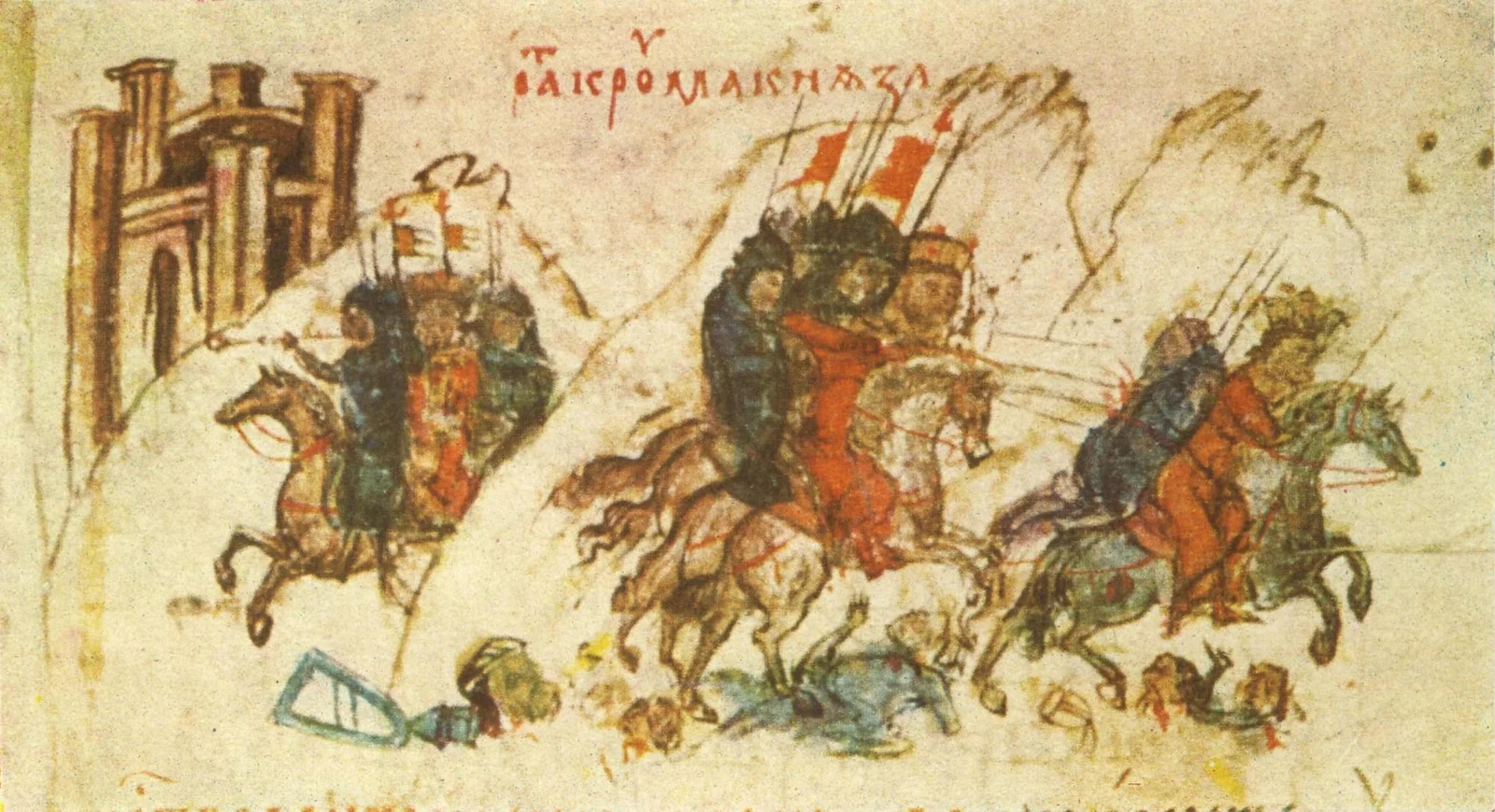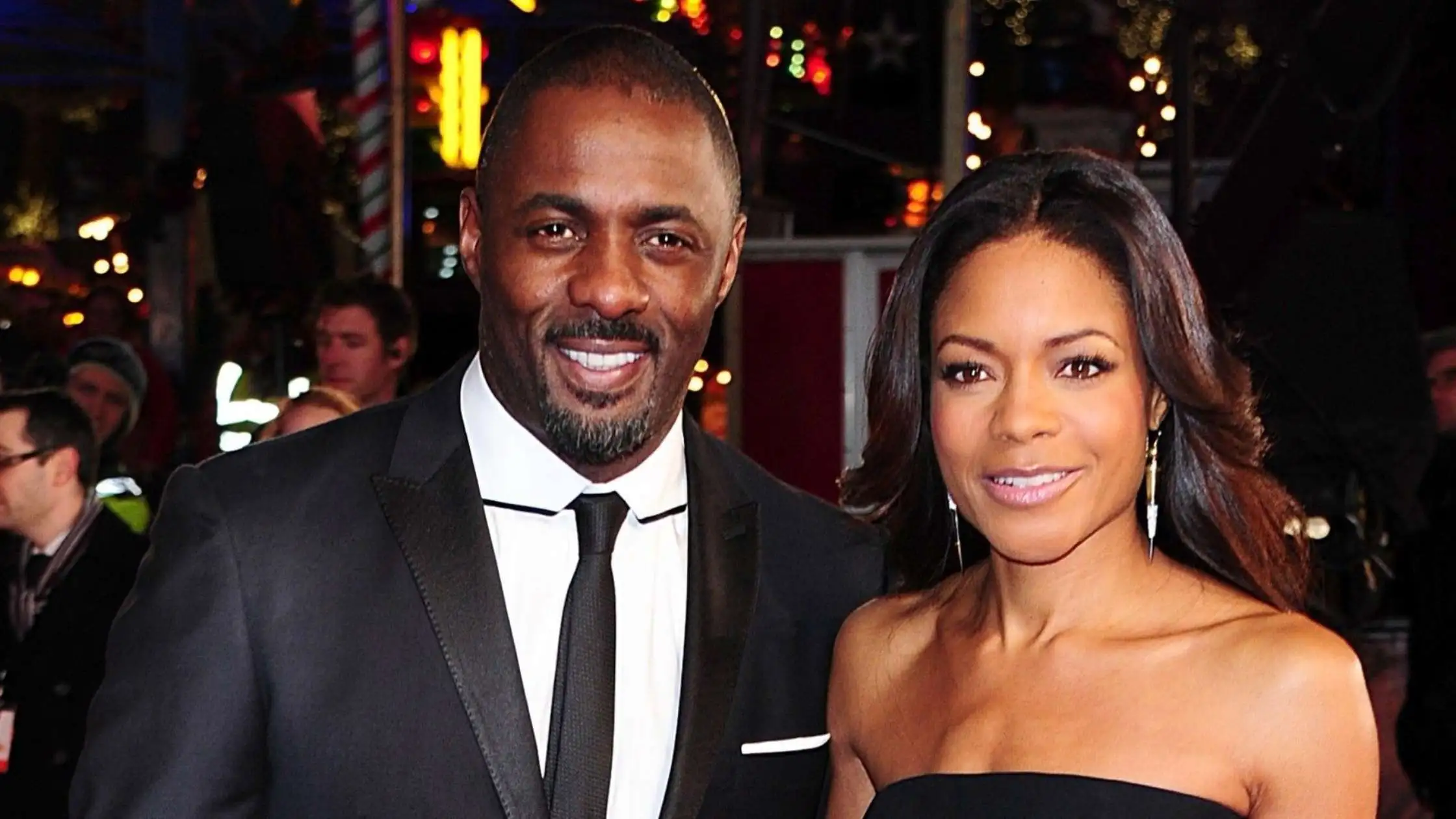An Eperor is a monarch who rules over an empire, a vast and diverse collection of territories and peoples. Throughout history, emperors have wielded immense power, shaping the course of civilizations through conquest, governance, and cultural influence. From ancient rulers like Augustus of Rome to more modern figures like Napoleon Bonaparte, emperors have left an indelible mark on world history. This article explores the role of an emperor, the qualities that defined great emperors, and their lasting legacies.
The Role of an Eperor
Unlike kings, who typically rule a single nation or kingdom, emperors govern multiple regions, often acquired through conquest or inheritance. The title of “emperor” (or its equivalent, such as “imperator,” “tsar,” or “shahanshah”) signifies supreme authority over a vast domain. Emperors were often seen as semi-divine or divinely appointed, reinforcing their absolute rule.
In many empires, the Eperor served as both a political and religious leader. For example, the Roman emperors were often deified after death, while Chinese emperors ruled under the Mandate of Heaven, a belief that heaven granted them the right to govern. This dual role allowed emperors to maintain control over their subjects through both law and faith.
Qualities of a Great Eperor
Not all emperors were successful, and history remembers only those who demonstrated exceptional leadership. Some key qualities of great emperors include:
- Military Prowess – Many Eperors rose to power through conquest. Leaders like Alexander the Great and Genghis Khan expanded their empires through brilliant military strategies.
- Administrative Skill – Ruling a vast empire required efficient governance. Emperor Ashoka of the Maurya Dynasty, for instance, implemented policies that promoted welfare and justice.
- Cultural Patronage – Great emperors often fostered art, architecture, and learning. The Mughal Emperor Akbar, for example, encouraged religious tolerance and supported the arts.
- Vision and Adaptability – The best emperors could adapt to changing circumstances. Emperor Constantine the Great shifted the Roman Empire toward Christianity, altering the course of Western history.
Famous Eperor in History
Several Eperors stand out for their extraordinary impact:
Augustus Caesar (27 BCE – 14 CE)
The first Roman Emperor, Augustus, transformed Rome from a republic into an empire. His reign brought the Pax Romana, a period of peace and prosperity that lasted for centuries.
Qin Shi Huang (259–210 BCE)
The first emperor of a unified China, Qin Shi Huang standardized writing, currency, and laws. He is also famous for the Terracotta Army, built to protect him in the afterlife.
Napoleon Bonaparte (1804–1814, 1815)
A military genius, Napoleon crowned himself Emperor of the French and reshaped Europe through his conquests. Despite his eventual defeat, his legal reforms (the Napoleonic Code) influenced modern law.
Queen Victoria (Empress of India, 1876–1901)
Though primarily known as a queen, Victoria was proclaimed Empress of India, symbolizing the height of British imperial power.
The Decline of Eperor
By the 20th century, most empires had collapsed due to revolutions, wars, and the rise of democratic ideals. World War I marked the end of the German, Austro-Hungarian, Russian, and Ottoman empires. Today, only a few symbolic emperors remain, such as the Emperor of Japan, who holds a ceremonial role.
Legacy of Eperors
Despite their often controversial reigns, Eperors shaped the modern world. Their conquests redrew maps, their laws influenced legal systems, and their patronage preserved cultures. While the age of emperors has passed, their legacies endure in the nations they built and the histories they wrote.
In conclusion, Eperor were more than just rulers—they were architects of civilization. Whether through war, governance, or culture, their influence remains embedded in the foundations of modern society.











